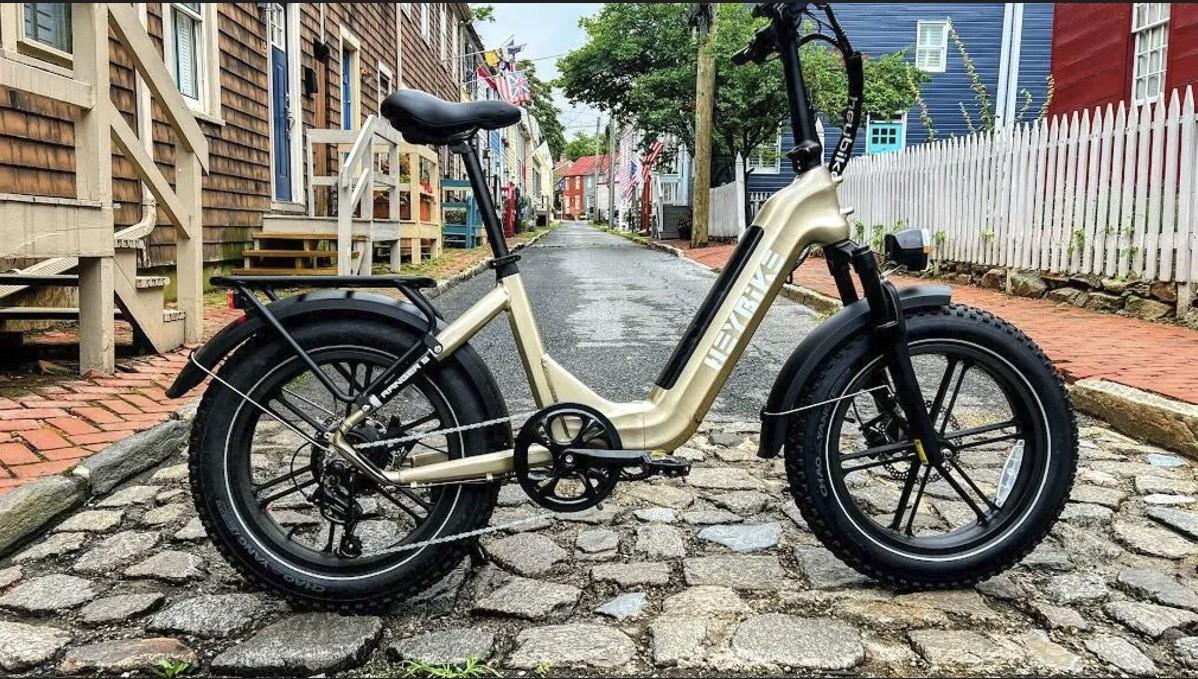The state of Rhode Island has added $150,000 to its electric bicycle rebate program. Through the program, the state hopes to decrease the carbon emissions associated with cars and other forms of transportation.
Around the University of Rhode Island, students are familiar with the sight of electric bikes, scooters and skateboards being used to get between classes. Now, students who are over the age of 18 can purchase an electric bike and potentially receive a rebate from the government.
Through the program, students and other Rhode Island residents can apply for a rebate on new electric bicycles that are purchased in Rhode Island. The standard rebate is either up to $350 back or 30% of the purchase price, depending on which is less, according to the official state of Rhode Island website. Others could receive up to $750 or 75% of their purchase price back. Since the start of the program, “a little more than 800 e-bikes have received rebates so far, under both rounds of the program,” according to an article from the Providence Journal.
Of URI’s 14,500 undergraduate students, approximately 8,000 of them commute, URI’s website said. If more students commuted using e-bikes, the University’s carbon emissions would decrease. As stated previously, electric scooters and skateboards are popular modes of transportation on campus. However, this rebate only applies to electric bicycles.
The program was started in 2022 to honor the death of Erika Niedowski. Niedowski “was an advocate for renewable energy and environmental justice and loved donning her favorite hoodie and taking off on her bike,” according to an Associated Press article.
So far, a little over 800 rebates have been approved so far, according to the Providence Journal. According to state statistics, Providence has approved the most rebates, with 93 having been approved, followed by South Kingstown with 61 and Newport with 47.
Regarding URI students, there are mixed opinions on commuting via an electric bike.
“I would, because I live very close already. So, it would cut down my commute even more,” second-year Daeven Goel said.
However, some other students had concerns about commuting to school on an e-bike.
“I don’t think I would because it would be expensive,” fourth-year Tyler Comeau said. “An electric bike would be a lot of money, and the car I have now works fine.”
Additional concerns students had were with the cold weather here during winter months.
While e-bikes have their benefits seeing as they are efficient for commuters and have no carbon emissions, they are also very expensive which was a concern for some students.
Now in its second year, the rebate program is continuing to grow. With an increase in funding, the state is taking steps to decrease its carbon footprint and encourage residents to help in these efforts.





